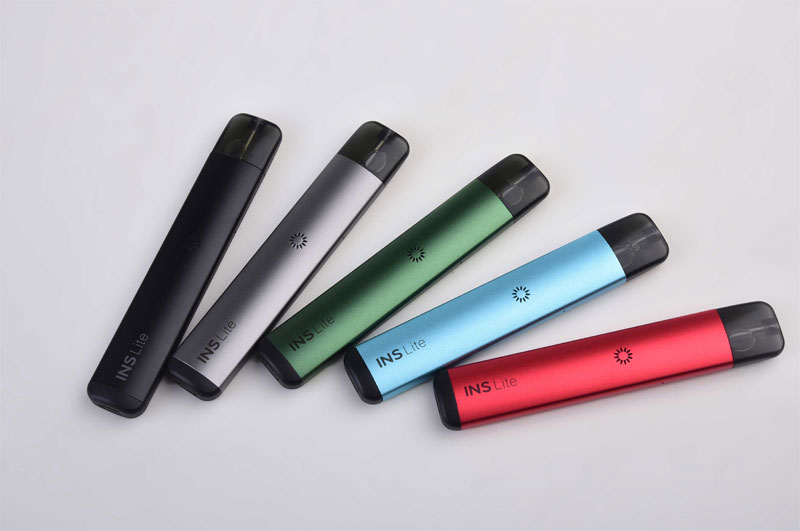
Vietnam has recently made headlines with its decision to ban e-cigarettes, a move that has sparked various discussions and debates across the globe. The Vietnamese government stated its concerns regarding the rising popularity of e-cigarettes among their youth and the potential health risks associated with vaping. E-cigarettes, also known as vapes, were initially introduced as an alternative to traditional tobacco smoking, aimed at reducing the harm caused by inhaling tobacco smoke.
Health Risks and Concerns
E-cigarettes contain nicotine, which is addictive and harmful to health. While many argue that vaping is less harmful than smoking, the long-term effects are still not fully understood. Recent studies have shown that the chemicals in e-liquids can lead to respiratory issues, cardiovascular diseases, and other health complications. This has prompted Vietnam to take a cautionary approach, prioritizing public health over the freedom to choose one’s smoking method.
Impact on Youth
The rise in e-cigarette use among Vietnamese teens is worrying for the government, as it could lead to an increase in nicotine addiction at a young age. Most e-cigarettes come with appealing flavors that attract younger audiences, such as fruity or candy varieties, making them more enticing than traditional cigarettes. By banning e-cigarettes, Vietnam aims to curb this trend and protect its younger generation from the dangers of nicotine addiction.
International Reactions
Globally, reactions to Vietnam’s ban have been mixed. Some countries praise the move as a step towards safeguarding public health, while others express concern about restricting options for smokers looking to quit tobacco. This decision may also have economic implications, potentially affecting import businesses and local retailers specializing in vaping products.
Legal Framework

The ban on e-cigarettes in Vietnam falls under the larger framework of tobacco control policies, which also include measures such as advertising restrictions, public smoking bans, and increased taxes on tobacco products. The government aims to reduce the overall smoking rate and improve public health outcomes. It is important for Vietnam to navigate the complex landscape of tobacco control while balancing public health and personal freedoms.
The Vietnamese government is determined to protect its citizens from the adverse effects of nicotine and is committed to a smoke-free future.

At this juncture, Vietnam stands as a testament to the ongoing global dialogue surrounding vaping and public health policy.
FAQs
- Why did Vietnam ban e-cigarettes? Vietnam banned e-cigarettes to protect public health, especially among young people, from potential nicotine addiction and associated health risks.
- Are other countries banning e-cigarettes? Several countries have implemented strict regulations on e-cigarettes, while some have opted for complete bans similar to Vietnam.
- What are the consequences of this ban?
 The ban may reduce nicotine addiction rates but could impact businesses related to the sale and distribution of vaping products.
The ban may reduce nicotine addiction rates but could impact businesses related to the sale and distribution of vaping products.